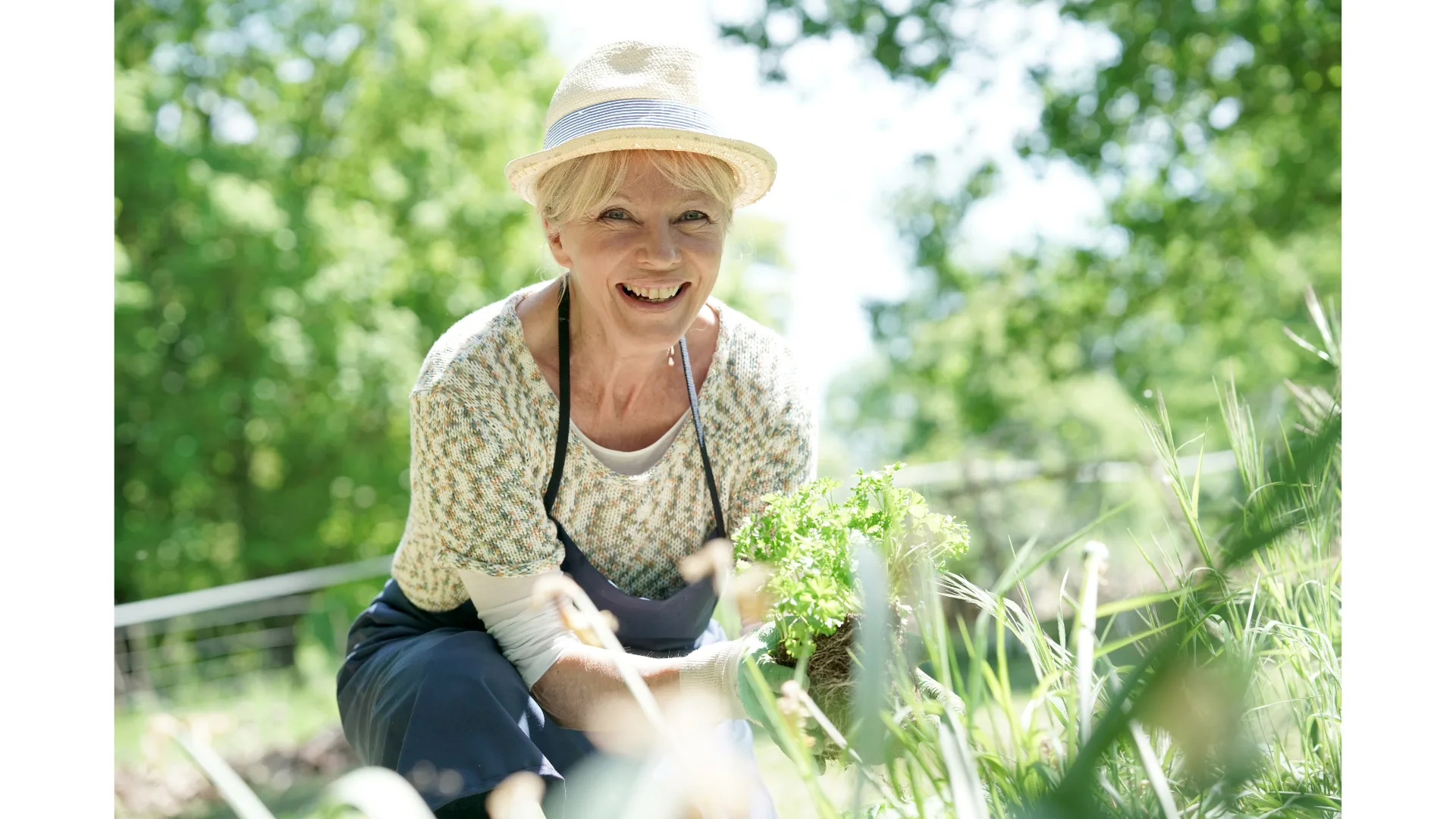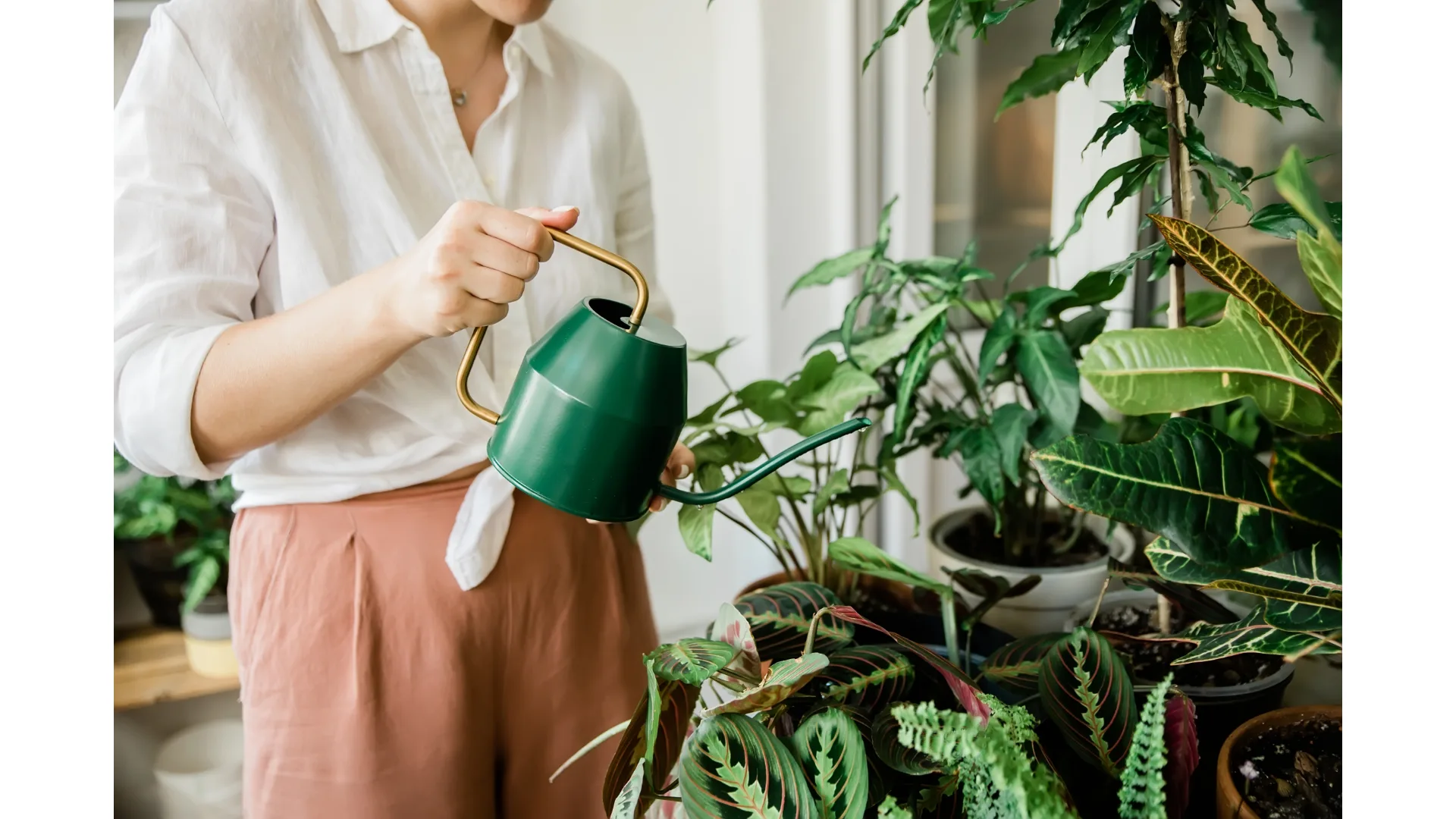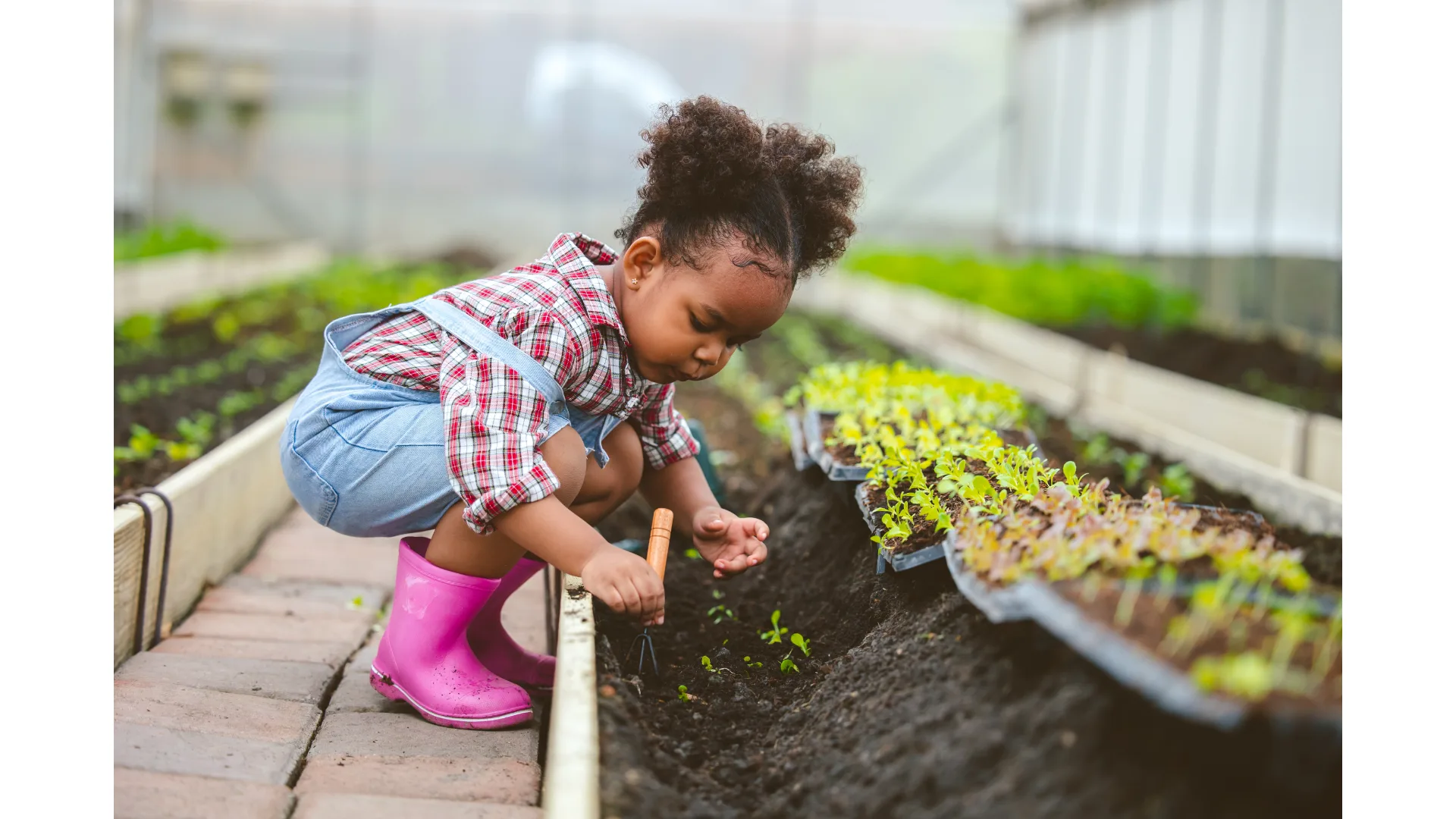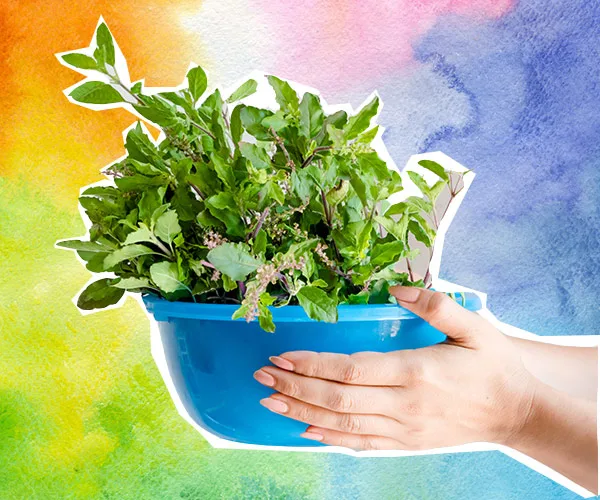There’s something undeniably therapeutic about gardening and being outside in nature. Simply put, the quiet and calmness found outdoors is good for the soul. And as our lives become increasingly hectic and technology makes it harder than ever to disconnect, it’s understandable that many people are making a conscious effort to be one with nature.
As a result, pastimes like Therapeutic Horticulture (TH) – sometimes referred to as garden therapy – are on the rise.
According to social worker and horticultural therapist Tanya Bearup, TH “is the purposeful use of gardening and plant-based activities to support physical, emotional and social wellbeing beyond traditional gardening”. In other words, people are finding solace in their gardens beyond just the usual maintenance.
Flower Power
Tanya says the concept that “gardening is good for you” is nothing new to those with a green thumb, but now science supports this sentiment.
“Spending time with soil and plants is good for your mental health,” she says. “Gardening has been proven to reduce stress, lift mood, and bring a sense of accomplishment – whether we’re getting our hands in the soil or simply spending time in a garden.”

According to Tanya, digging around in the dirt gives us a much needed “brain break”, helping us to “get out of our heads” and “connect with the moment”. Combined with the physical benefits of gardening, TH can help improve our overall wellbeing.
“Nurturing plants offers a sense of achievement and purpose, can lead to creative problem solving and build our confidence. In summary – it makes us feel good,” she adds.
When done with “intention and awareness”, Tanya says gardening “helps us to calm down and regulate our emotions”.
“Mindfully gardening can be helpful when we feel overwhelmed by daily life, providing a soothing, grounding experience that reconnects [us] with the present moment,” she adds.
And there are plenty of other benefits. “Gardening provides both physical activity and has been shown to lower stress hormones, enhance mood, and promote a sense of wellbeing,” says Tanya. “Regular engagement can significantly reduce symptoms of anxiety and depression and improve emotional resilience.”
Making Thyme For Gardening
The key is to make TH a regular practice, carving out frequent interludes in nature, whether it’s tending to a garden or simply soaking up the great outdoors. Tanya suggests spending at least two hours a week in nature.
“Start small by aiming for regular interactions with nature – even just 10-15 minutes a day,” she says. “As you build the habit, try longer gardening sessions of 30 minutes to an hour, once or twice a week, for deeper benefits.”

Once you make it a habit, the benefits of TH speak for themselves.
“Studies have found that people who frequently spend time in green spaces or have views of greenery from their homes tend to experience higher levels of self-esteem, life satisfaction, and happiness. They also report lower levels of depression, anxiety, and loneliness,” says Tanya.
If the prospect of spending time alone in the garden with just your thoughts for company is daunting, Tanya says TH doesn’t have to be a solitary practice. Through her work, she combines “talking therapy” with gardening and says it “can feel less confronting” with a friend.
Grow Your Own Way
Best of all, TH is accessible and adaptable, meaning it’s a suitable practice for all people, regardless of age or ability. Even having an outdoor garden is optional!
“You don’t need a big garden to benefit from Therapeutic Horticulture. Even small acts like watering indoor plants, tending to herbs on a windowsill, or simply sitting in nature with a cup of tea can be therapeutic,” explains Tanya.
She says urban gardeners can still reap the benefits of TH from balcony gardens, or seeking out community gardens and visiting parks.
“With so much time spent inside and in front of screens, we’ve lost much of our natural connection to the outdoors,” says Tanya.
“Therapeutic Horticulture offers a simple, effective way to reclaim that connection, even in small, everyday doses. I like using the phrase ‘swapping green time for screen time’.”
Little Sprouts

It’s not just adults who can benefit from TH – Tanya says gardening is a great pastime for kids and adolescents.
“Being a sensory experience, it can help with emotional regulation, especially for children who arrive feeling upset or overwhelmed,” she says.
“I’ve seen kids become completely absorbed in digging soil, finding worms, and just being in the garden.”
She adds: “Gardening also helps build planning and problem-solving skills and boosting confidence that carries over into everyday life. Gardening offers a creative and physical outlet that reduces stress, builds resilience, and provides a great way to connect socially.”



